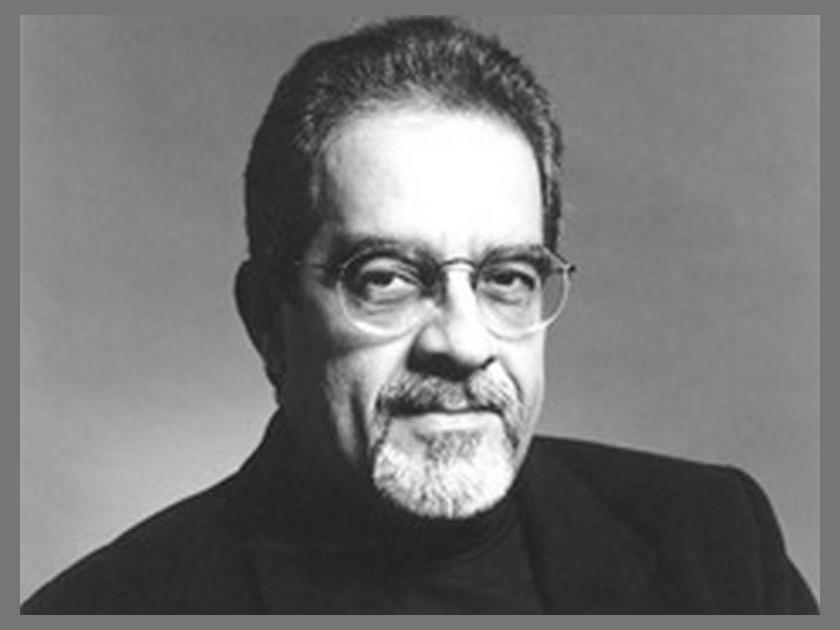 Zé Rodrix
Zé Rodrix
Zé Rodrix: A Poetic Voice in Brazilian Rock
Zé Rodrix, born José Carlos Gonzaga Rodrigues, emerged as a prominent figure in the Brazilian rock scene of the 1970s. Known for his poetic lyrics and introspective melodies, Rodrix's music resonated with a generation grappling with social and political change.
Challenges and Controversies
Like many artists of his time, Rodrix faced challenges in navigating the censorship and repression prevalent in Brazil under the military dictatorship. His song "Casa no Campo" (Country House) was banned due to its perceived political overtones. Despite these obstacles, Rodrix remained true to his artistic vision and continued to produce music that challenged the status quo.
Discography
Over his brief but prolific career, Rodrix released three studio albums:
* Zé Rodrix (1973)
* Casa no Campo (1975)
* Nasci Para Chover (1978)
Each album showcased Rodrix's unique blend of acoustic folk, poetic lyrics, and introspective storytelling.
Members
Zé Rodrix's band consisted of a core group of musicians:
* José Carlos Gonzaga Rodrigues (Zé Rodrix) - Vocals, guitar
* Osmar Milito - Guitar, vocals
* Ricardo Medeiros - Bass
* Victor Biglione - Drums
The Song "Eu Não Sei Falar de Amor"
Rodrix's iconic song "Eu Não Sei Falar de Amor" (I Don't Know How to Speak of Love) became a timeless classic in Brazilian popular music. Its introspective lyrics, set to a haunting melody, capture the complexities of love and longing. The song has been covered by numerous artists and remains a beloved anthem for those seeking to express the inexpressible.
Legacy
Zé Rodrix died tragically in a car accident in 1979, at the age of 28. Despite his short life, his music continues to inspire and move listeners. His poetic lyrics, introspective melodies, and unwavering commitment to artistic freedom have left an enduring mark on Brazilian rock and the hearts of his fans.
Zé Rodrix, born José Carlos Gonzaga Rodrigues, emerged as a prominent figure in the Brazilian rock scene of the 1970s. Known for his poetic lyrics and introspective melodies, Rodrix's music resonated with a generation grappling with social and political change.
Challenges and Controversies
Like many artists of his time, Rodrix faced challenges in navigating the censorship and repression prevalent in Brazil under the military dictatorship. His song "Casa no Campo" (Country House) was banned due to its perceived political overtones. Despite these obstacles, Rodrix remained true to his artistic vision and continued to produce music that challenged the status quo.
Discography
Over his brief but prolific career, Rodrix released three studio albums:
* Zé Rodrix (1973)
* Casa no Campo (1975)
* Nasci Para Chover (1978)
Each album showcased Rodrix's unique blend of acoustic folk, poetic lyrics, and introspective storytelling.
Members
Zé Rodrix's band consisted of a core group of musicians:
* José Carlos Gonzaga Rodrigues (Zé Rodrix) - Vocals, guitar
* Osmar Milito - Guitar, vocals
* Ricardo Medeiros - Bass
* Victor Biglione - Drums
The Song "Eu Não Sei Falar de Amor"
Rodrix's iconic song "Eu Não Sei Falar de Amor" (I Don't Know How to Speak of Love) became a timeless classic in Brazilian popular music. Its introspective lyrics, set to a haunting melody, capture the complexities of love and longing. The song has been covered by numerous artists and remains a beloved anthem for those seeking to express the inexpressible.
Legacy
Zé Rodrix died tragically in a car accident in 1979, at the age of 28. Despite his short life, his music continues to inspire and move listeners. His poetic lyrics, introspective melodies, and unwavering commitment to artistic freedom have left an enduring mark on Brazilian rock and the hearts of his fans.